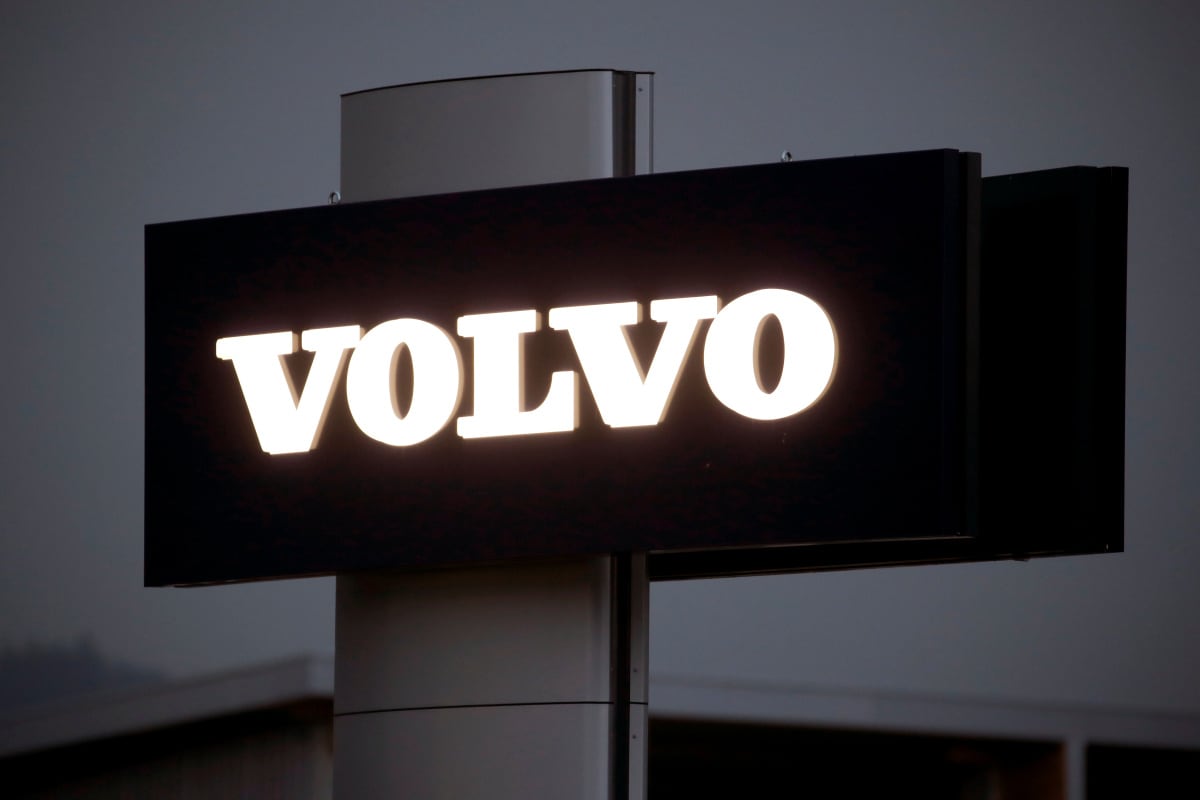Swedish luxury carmaker Volvo Cars could go fully electric in India by around 2025, much ahead of its global target of becoming a full electric car company by 2030, a senior company official said on Tuesday.
The company, which will launch the electric version of its SUV C40 in the fourth quarter of 2023, will keep launching one electric vehicle every year in the country going forward.
Volvo Cars‘ Head of Commercial Operations, Rest of Asia Pacific region Nick Connor said by virtue of being a niche player, the company can afford to become a Battery Electric Vehicle (BEV) only manufacturer much sooner than its competitors.
“I think we will accelerate. We can’t do it this year, maybe in 2025. We said we will be 50 percent electric (globally) by then, we could say well in India, we’re going to be 100 percent electric. We’ve already said in Australia, for example, that by 2026, we’re going to be 100 percent electric,” he told reporters here in an interaction.
Connor, who was Managing Director of Volvo Cars Australia operations before his current role, was responding to a query on the plans for the company’s electrification journey in India.
“We’ve seen a much quicker acceleration towards battery electric vehicles than we ever thought (in Australia). It has taken us by surprise. I think that could well happen here (in India) because we’re not a mass manufacturer, we have the luxury of being able to differentiate ourselves from the market,” he asserted.
The challenge, however, is that the pure BEV luxury segment is very small at the moment and is not enough for the company to be viable in the marketplace, he said, adding, for some time the company would have to continue to sell petrol cars and mild hybrids.
“As the market develops, we will accelerate the move to BEV. The tipping point for us will come quite early,” Connor added.
Volvo Cars’ current India portfolio comprises fully electric XC40 Recharge, SUVs XC90, XC60 and XC40 along with sedan S90.
On the significance of the Indian market, he said, “India is a very important focus market for our region. We see it as probably the fastest growing market in the region, with the greatest, longest term potential.” Volvo Cars witnessed a strong demand for its XC40 BEV which was launched towards the back end of last year, in India, he said, adding, sales last year were constrained only by supply and demand was many times more than supply in India and around the rest of the world.
“We will launch C40 BEV, a pure electric vehicle in quarter four of this year. We’ve already seen a very high demand for that car in markets where we’ve already launched it. We anticipate similar levels of demand for C40 BEV as we’d have for XC40 BEV in India,” Connor said.
Both the XC40 BEV and the C40 BEV would be imported as completely knocked down units and assembled at the company’s Bengaluru plant.
“I think it’s very important for us that we produce as many cars here locally as we can to meet local demand,” he added.
In terms of sales of EVs to the company’s total sales in India, he said, “We haven’t set hard and fast targets for India or indeed any other market because of production uncertainties. But I think if the global percentage is 11 percent (last year), or (18 percent in Q4 of 2022), we’d want to be at a similar level for India, or maybe even a little bit stronger.” Last year, the company had sold around 1,800 units in India and expects to record its best sales, bettering the previous highest of 2,600 units sold in 2018.
Check out our Latest News and Follow us at Facebook
Original Source

